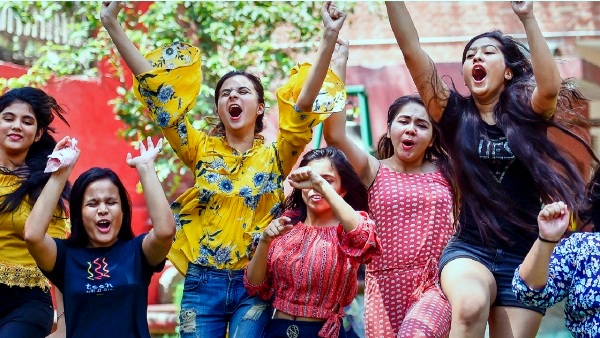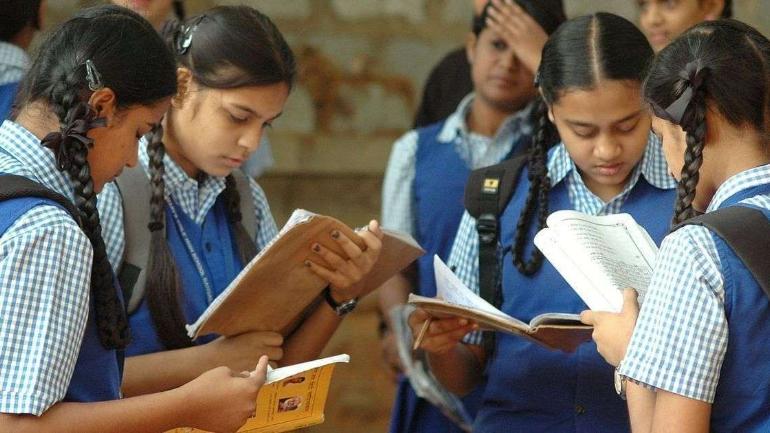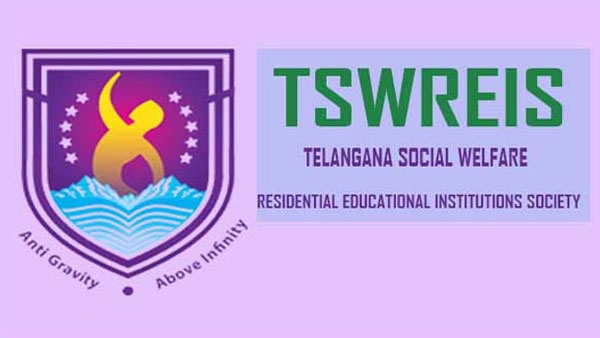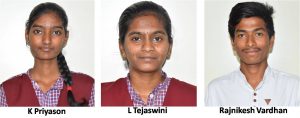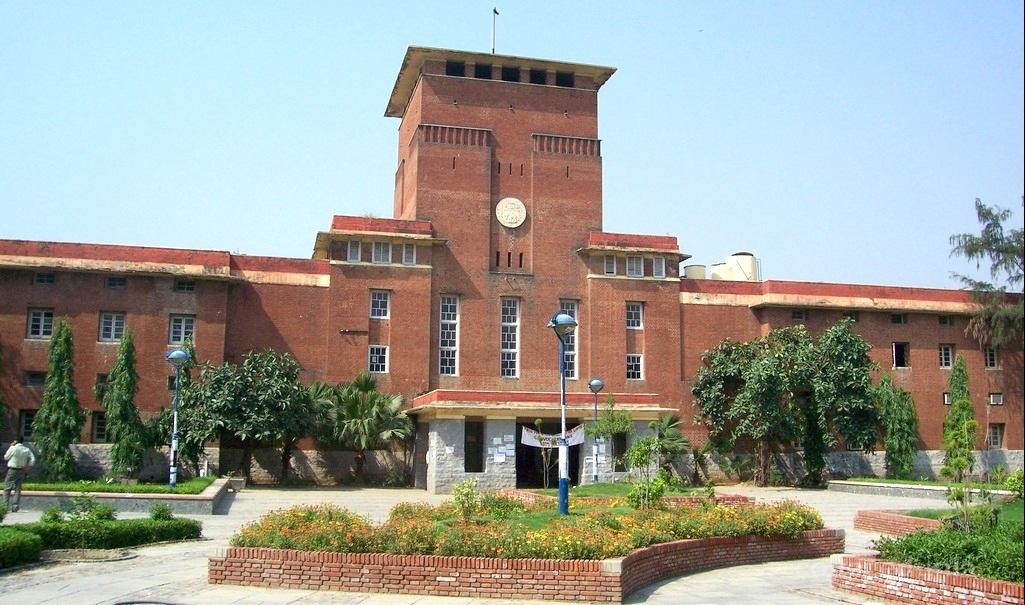The Central Board of Secondary Education has announced the result for Class 12 board examination on May 2, 2019. Candidates who have appeared for the CBSE Class 12 examination can check their result by visiting the official website of CBSE: http://cbse.nic.in/newsite/.
More than 31 lakh candidates appeared for the CBSE Class 12 board examination. The overall pass percentage, as per the official data, stands at 83.4 per cent. In comparison to last year, the pass percentage has witnessed a slight improvement.
The best performing city is Thiruvananthapuram with an overall pass percentage of 98.2 per cent. The second spot is bagged by Chennai with the pass percentage of 92.93 percent. Whereas, national capital Delhi is on the third position with 91.87 percent students clearing the CBSE Class 12 examinations.
With a large number of students visiting the official CBSE website, it is going to be a little chaotic for the candidates to the access the results. Below is the step-by-step guide to check your results:
- Visit cbseresults.nic.in
- Click on the link “Senior School Certificate Examination (Class XII) 2019”
- Enter your hall ticket number; school number and centre number exactly as mentioned on your CBSE Class 12 admit cards
- Click on the ‘Submit’ button
- Check and download your CBSE 12th result 2019
The CBSE 12 board exams were conducted from 15th February to 4th April, 2019. Tech-giant Microsoft is also hosting the result card for the CBSE Class 12 examination via SMS Organizer App. Those who have pre-registered on the app can access the score directly on their phone, even without the internet connectivity.







